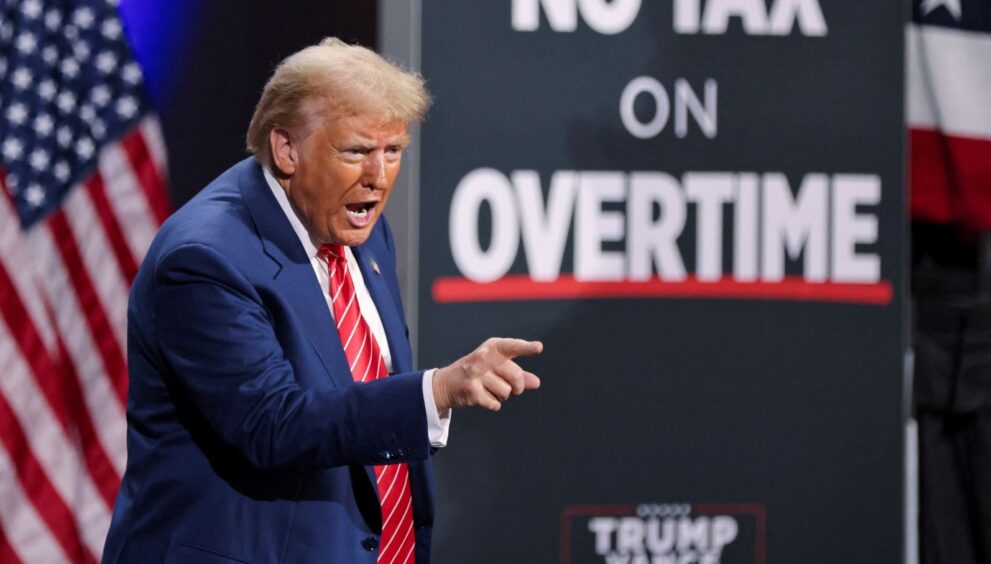Tax Directive from Trump: “VAT to be Considered as Tariff”

President Donald Trump of the United States has issued an instruction for a comprehensive investigation regarding customs duties. Trump announced that VAT would be considered as a tariff. The completion of the studies is planned by the 1st of April. President Donald Trump signed a presidential decree regarding the implementation of customs duties based on the principle of reciprocity between countries. After signing the decision instructing the development of a comprehensive plan against unequal arrangements in the commercial relations of the United States, Trump made a statement. Trump stated that in order to ensure fairness in trade, a decision was made to apply reciprocal tariffs, saying, “We will apply whatever countries apply to the United States.” Trump mentioned that they would address countries using the VAT system, arguing that this system is far more “punitive” than tariffs. President Trump remarked, “VAT will be considered as a tariff.” “COMPANIES WILL RETURN TO THE US” Trump emphasized the need for countries to reduce or terminate customs duties against the US, and mentioned that no tariffs would be applied if a product is produced in the US. He said, “Many companies will return to produce their products in the US because there will be no customs duties.” “PRICES MAY INCREASE IN THE SHORT TERM” Pointing out that the 25% customs duty on steel and aluminum imports will exceed this plan, Trump also mentioned that tariffs on cars, chips, and medicines will also be beyond this plan. Addressing questions about whether prices will rise due to tariffs, Trump stated that he believed employment would increase, prices might increase slightly in the short term, but would subsequently decrease. Trump also stated that interest rates would ultimately decrease, reiterating that this went hand in hand with tariffs. PLANNED TO BE COMPLETED BY APRIL US Trade Secretary nominee Lutnick explained that they would individually examine each country regarding reciprocal tariffs. Lutnick stated that they planned to complete their work by April 1. Furthermore, a statement from the White House regarding the reciprocal tariff plan noted that the lack of reciprocity was a cause of the “significant and persistent” trade deficit of the US. The statement mentioned that the US had been experiencing a trade deficit every year since 1975, with the trade deficit in goods exceeding $1 trillion by 2024, and that non-reciprocal taxes such as digital service tax cost US companies over $2 billion annually.






















































































































































































































































































































































































































































































































































































































































































































































































































































































































































































































































































































































































































































































































































































































































































































































































































































































































































































































































































































































































































































































































































































































































































































































































































































































































































































































































































































































